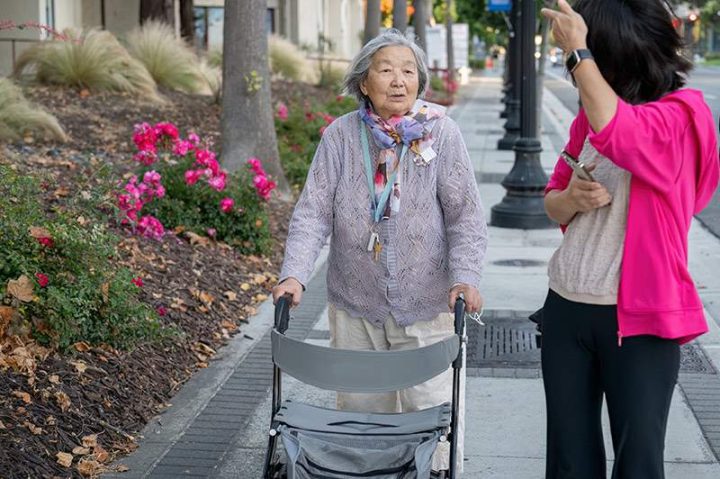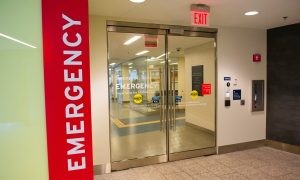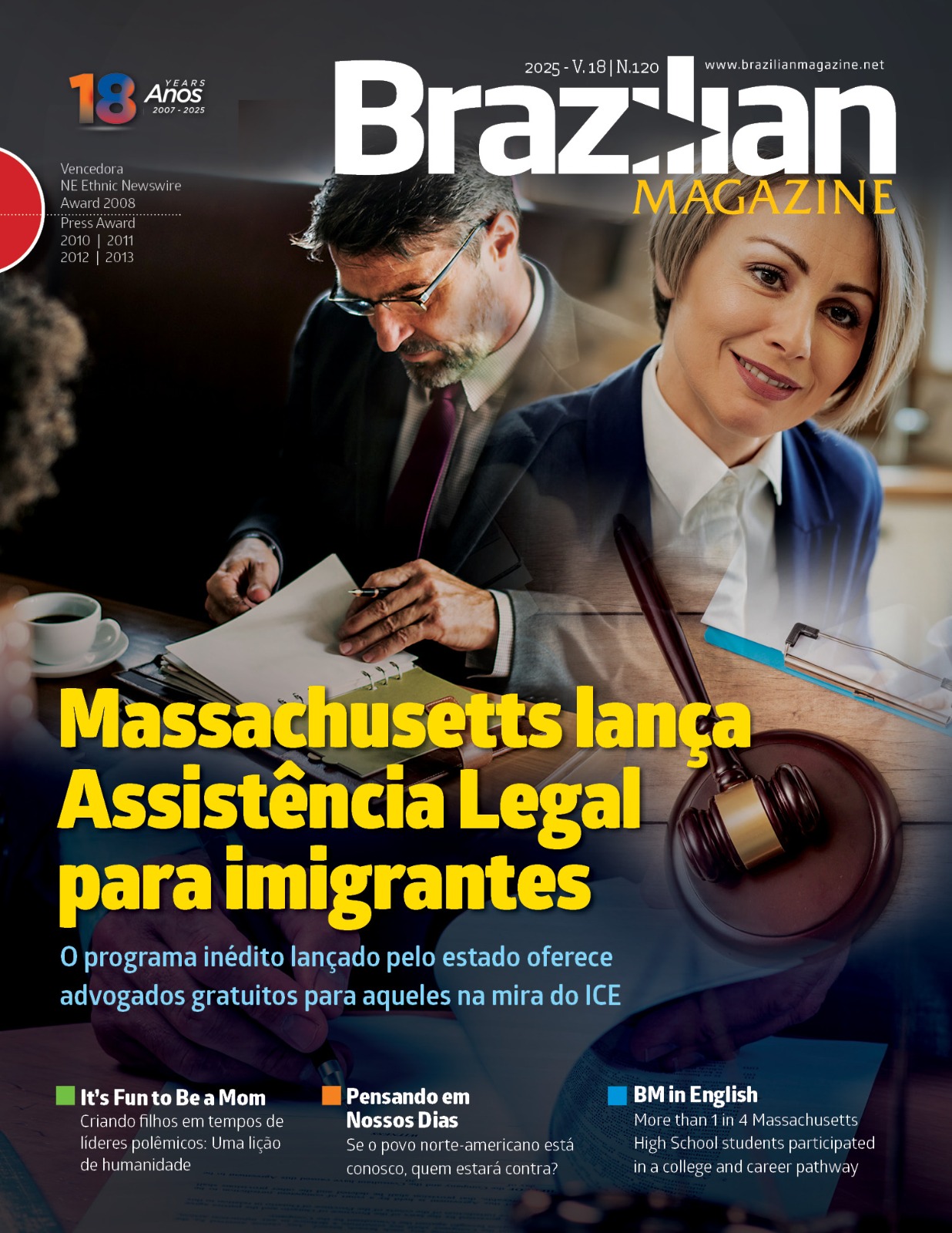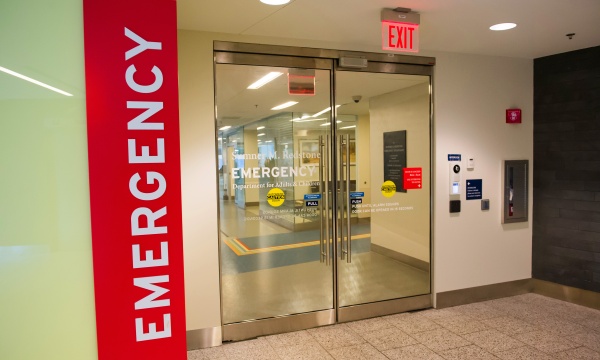Mayor Michelle Wu announced $200,000 in funding for the SHORE-UP pilot (“Stabilizing Housing for Our Resident Elders Under Pressure”), a program designed to keep vulnerable older adults in their homes until they can access permanent homes that they can afford. As Boston’s population ages and more seniors become vulnerable to eviction and displacement, the City will use the SHORE-UP pilot to explore effective ways to enable eligible older adults from Boston to remain in their homes for long enough to access subsidized housing off existing affordable waiting lists.
“Our older residents have built Boston over their decades of leadership and neighborhood activism, and they continue to anchor our communities,” said Mayor Michelle Wu. “We must continue to find every resource to support our seniors staying and thriving across Boston. This program will help keep older adults in our neighborhoods, close to their friends and families, with a pathway to long-term affordable housing.”
Many of Boston’s older adults are on extremely low fixed incomes, with 21 percent of Boston residents age 65 or older living below the poverty level. Among Boston households led by these seniors, more than a third (35 percent) are severely cost-burdened: approximately 10,000 senior households spend more than half their modest income on housing. At the same time, waiting lists for subsidized affordable housing are long, and residents are often not admitted on timelines that match their immediate housing crises. More than 11,000 seniors are currently housed across BHA housing opportunities, but approximately 10,000 seniors 65 and older are on the Boston Housing Authority (BHA) waitlist today. BHA funds roughly 7,000 units of housing designated for the elderly and disabled community, between public housing (about 3,000 units) and buildings supported by project-based vouchers (about 4,000 units).
The SHORE-UP pilot would allow eligible older adults from Boston who are facing eviction or displacement to temporarily remain in their homes, by helping to bridge the gap between their incomes and their rents, while they await approval for long-term subsidized housing. Low-income older adults participating in this bridge subsidy program would pay up to 30% of their income towards rent, mortgage, or other housing costs, with the bridge subsidy making up the difference. This approach will prevent the spiral of negative physical and mental health impacts that often accompany an older adult being plunged into homelessness even for a short period.
The City of Boston, including the Mayor’s Office of Housing, Age Strong, and the Planning Department, along with the Boston Housing Authority (BHA), will work in collaboration with Mass Senior Action Council, the Mass Coalition for the Homeless, individual Boston seniors, and other non-profit organizations to shape the pilot program. Having the voices of older residents at the table, contributing ideas and sharing lived experiences will help build a program model that best meets the needs of Boston’s older residents.















